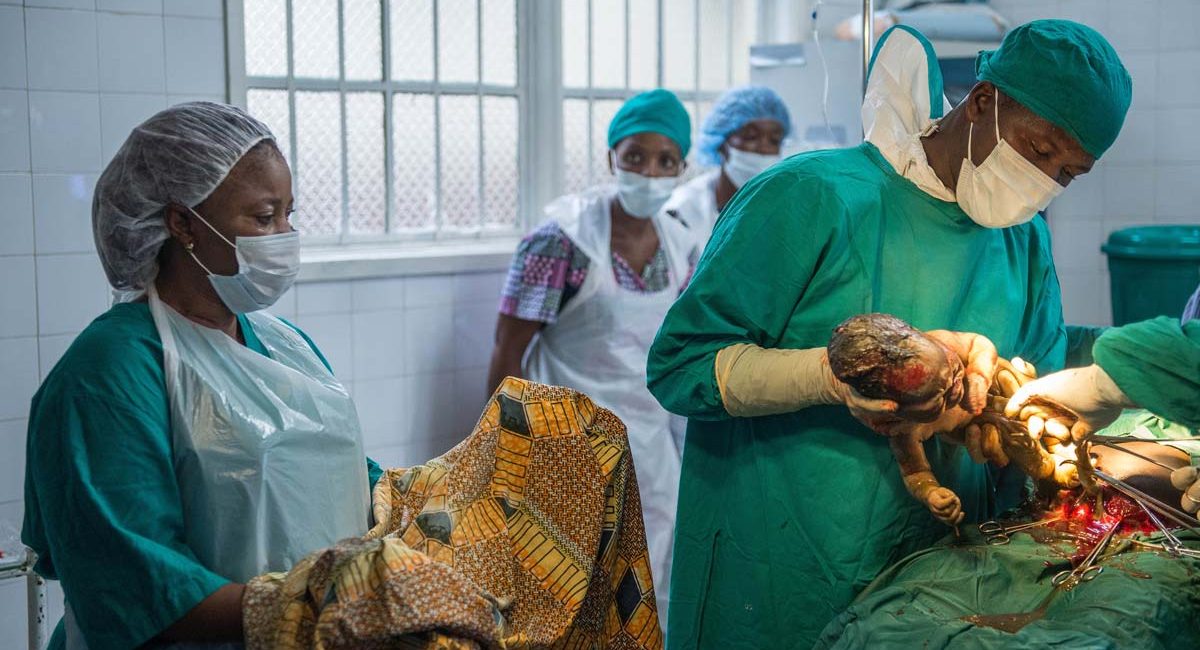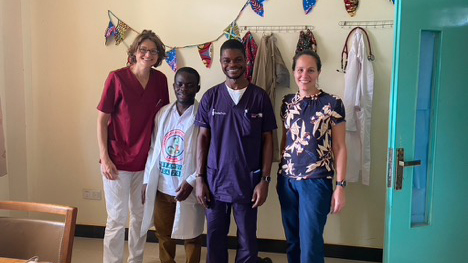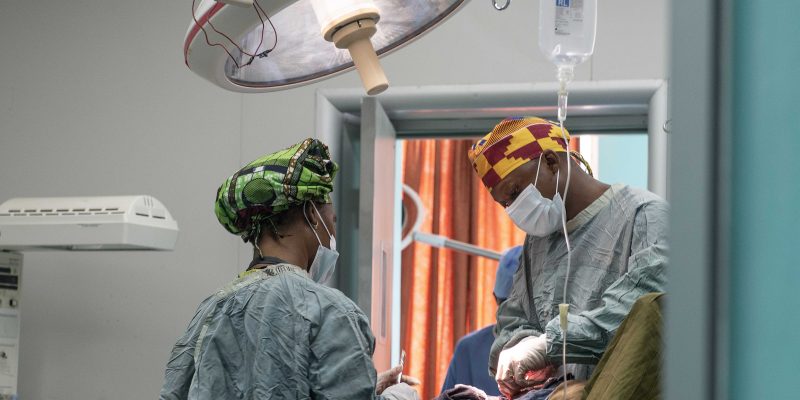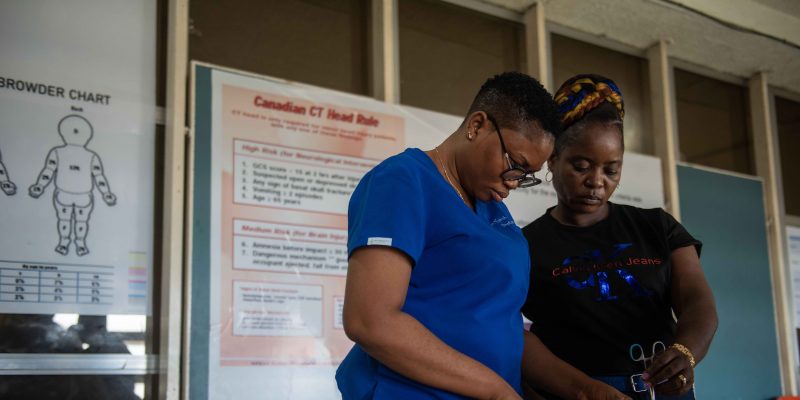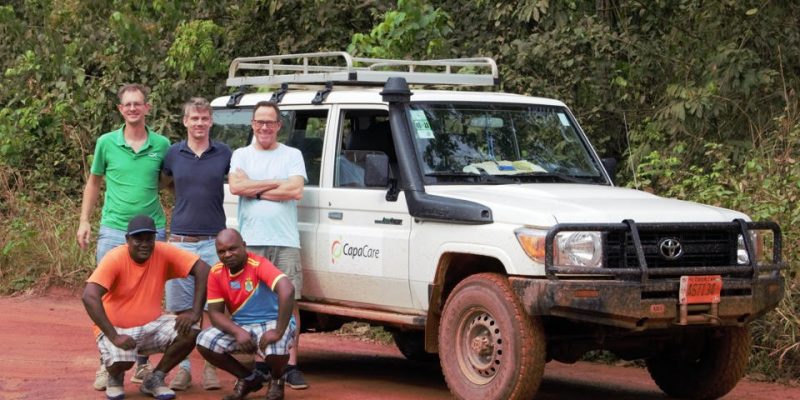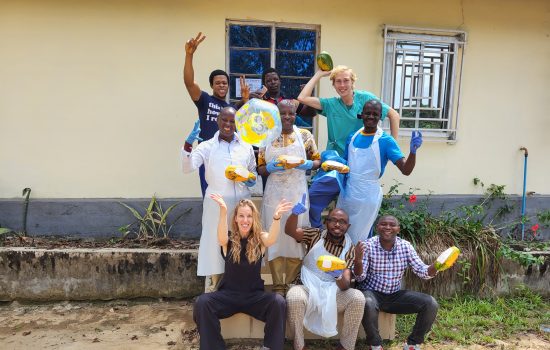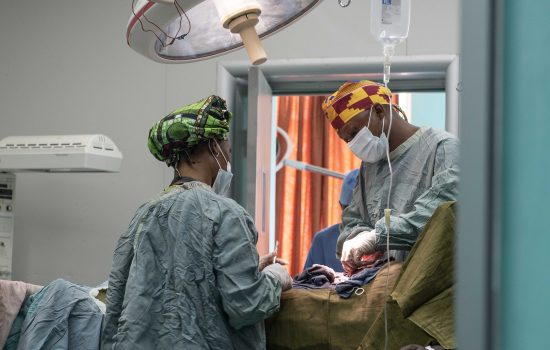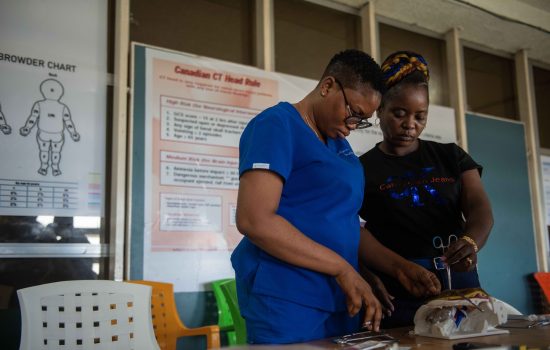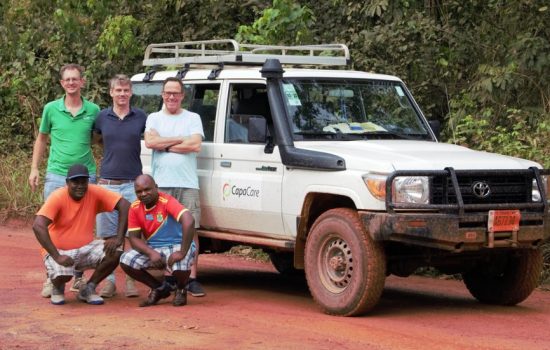Many countries lack sufficient medical doctors to provide safe and affordable surgical and emergency obstetric care. Task-sharing with associate clinicians and mid-level health workers has been suggested as a strategy to fill this gap. The concept has been applied in several countries throughout Africa, but not much research is published on the subject. In 2016 CapaCare board-member and surgeon Alex van Duinen conducted a major study in Sierra Leone on the outcomes of caesarean sections preformed by ACs and doctors. The article was just published in the British Journal of Surgery (full article here).
Alex trained as a tropical doctor in Holland and spent two and a half year as the medical superintendent at Masanga Hospital. He is currently based at St.Olavs Hospital in Norway, pursuing his speciality in general surgery. In fall of 2016 he relocated back to Sierra Leone with his family to research his PhD. Between October and May 2017 he conducted a major study enrolling close to 1300 patients. The objective was to assess the maternal and neonatal outcomes of caesarean sections performed by Surgical Assistant Community Health Officers and medical doctors. All nine hospitals in Sierra Leone where both assistant clinicians and doctors performed surgeries participated. The patients were followed up by Alex and his research assistants with home visits after 30 days, a massive undertaking that required frequent travels to all corners of the country. The primary outcome was maternal mortality, and secondary outcomes were perinatal events and maternal morbidity. The study concluded that the caesarean sections performed by assistant clinicians are not inferior to those undertaken by doctors and is a strong case for task-sharing as a safe strategy to improve access to emergency surgical care in areas with shortage of doctors.
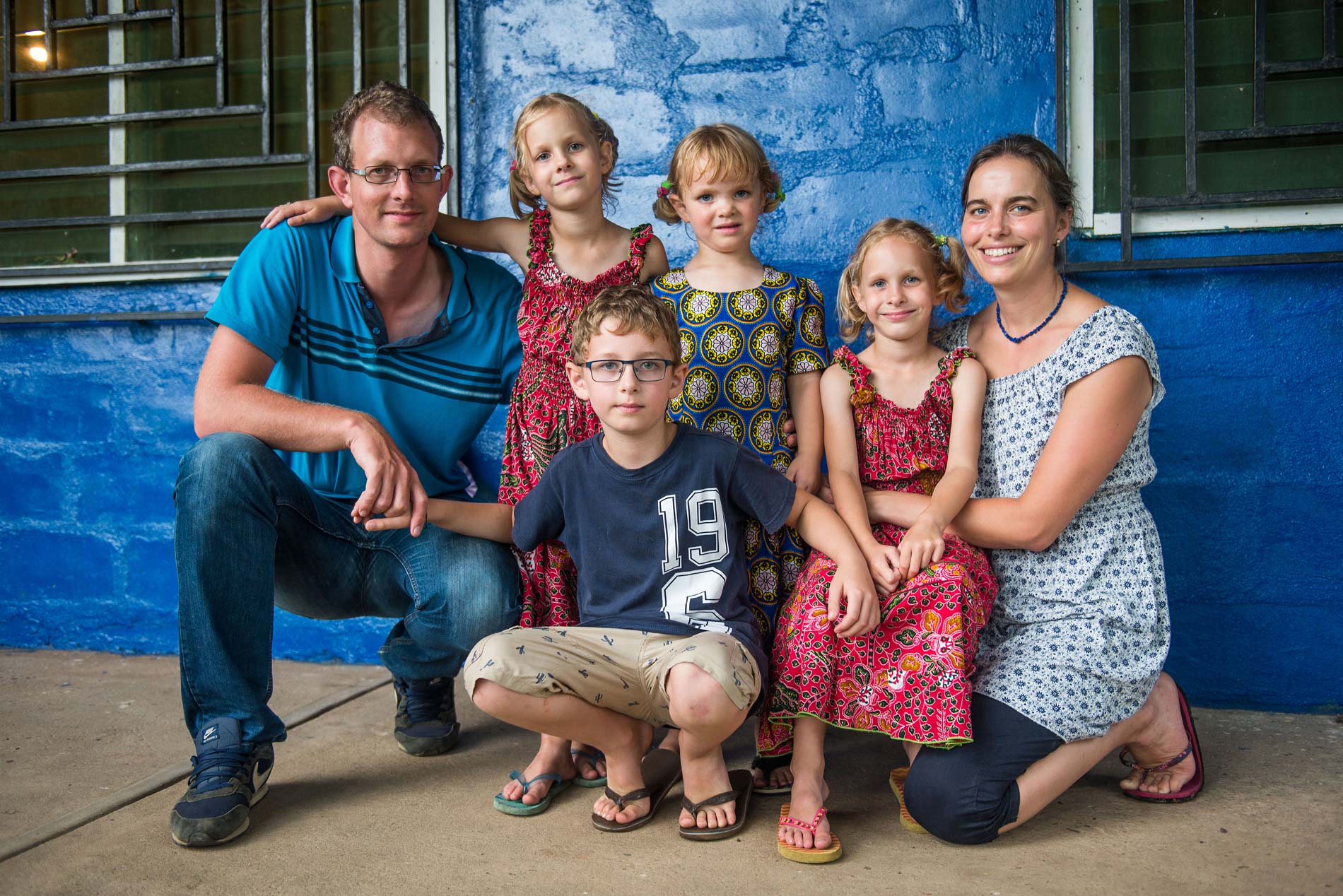
Alex with wife AnneMarie and children in Masanga

